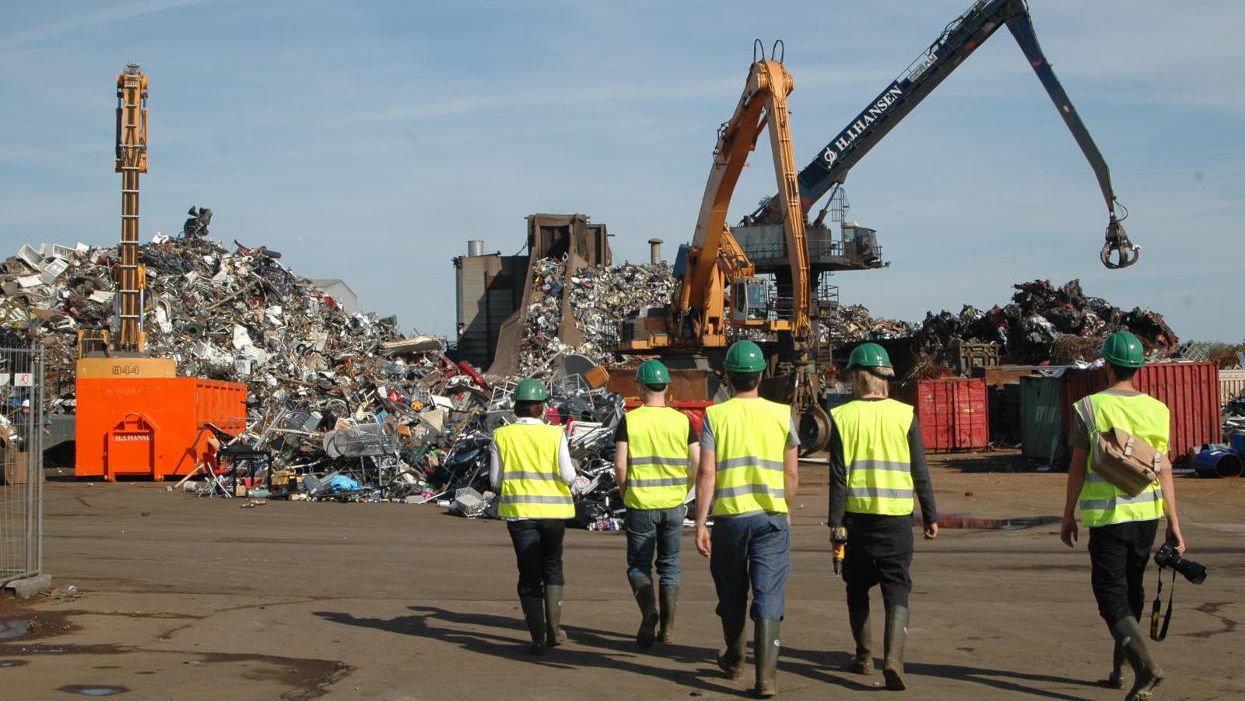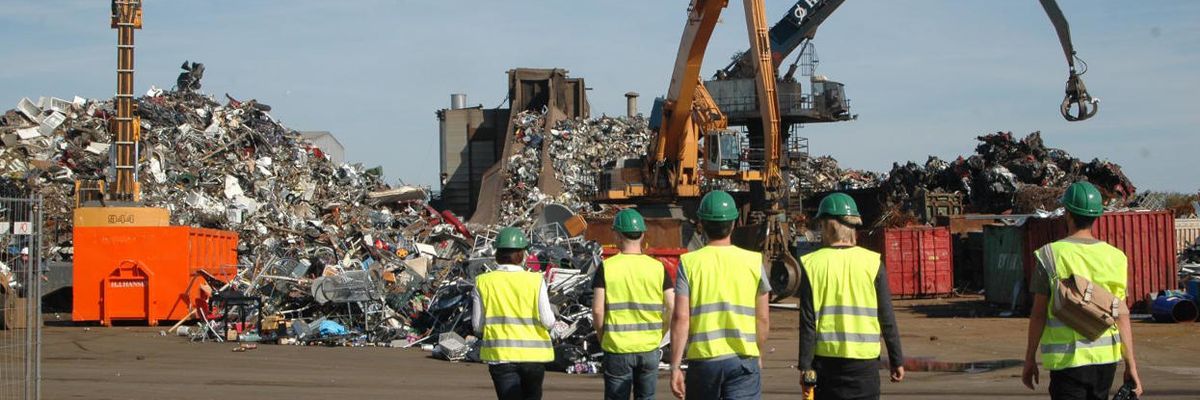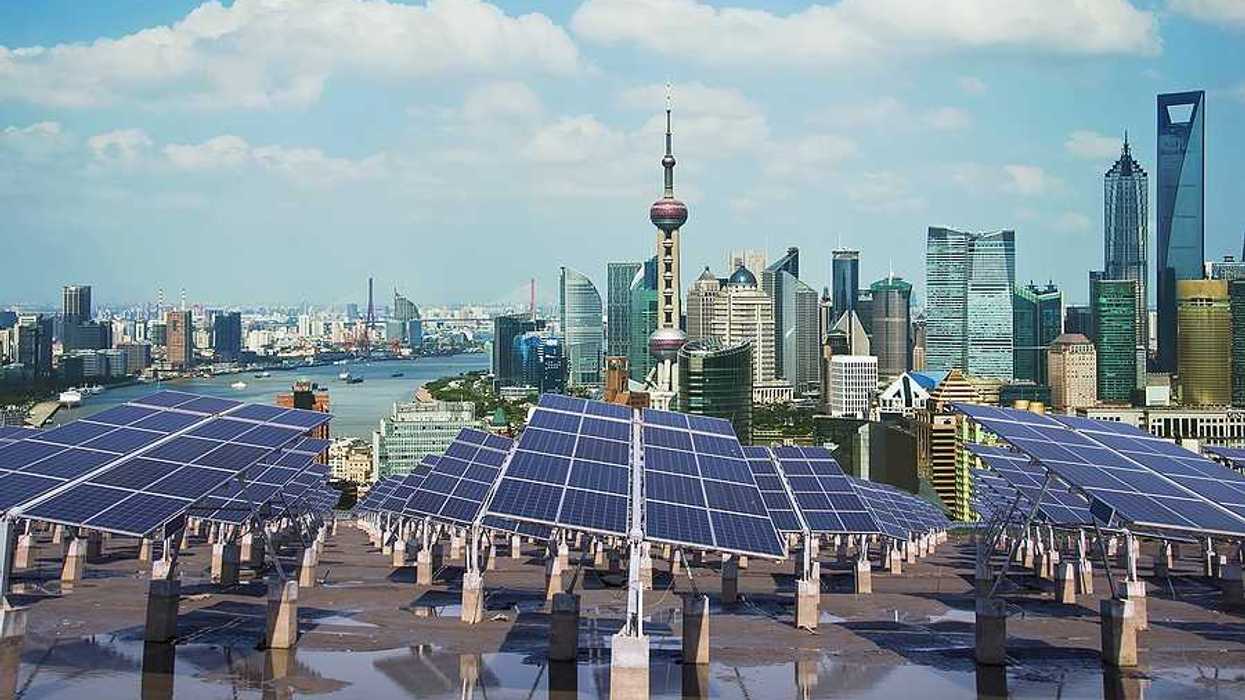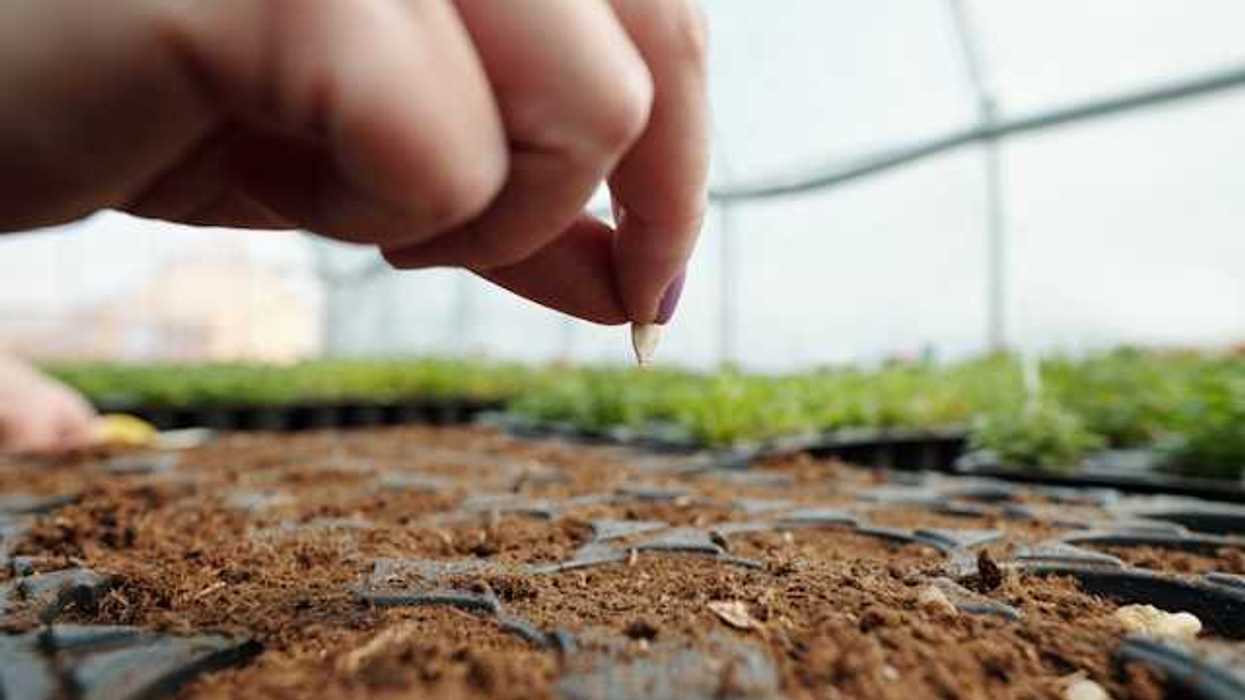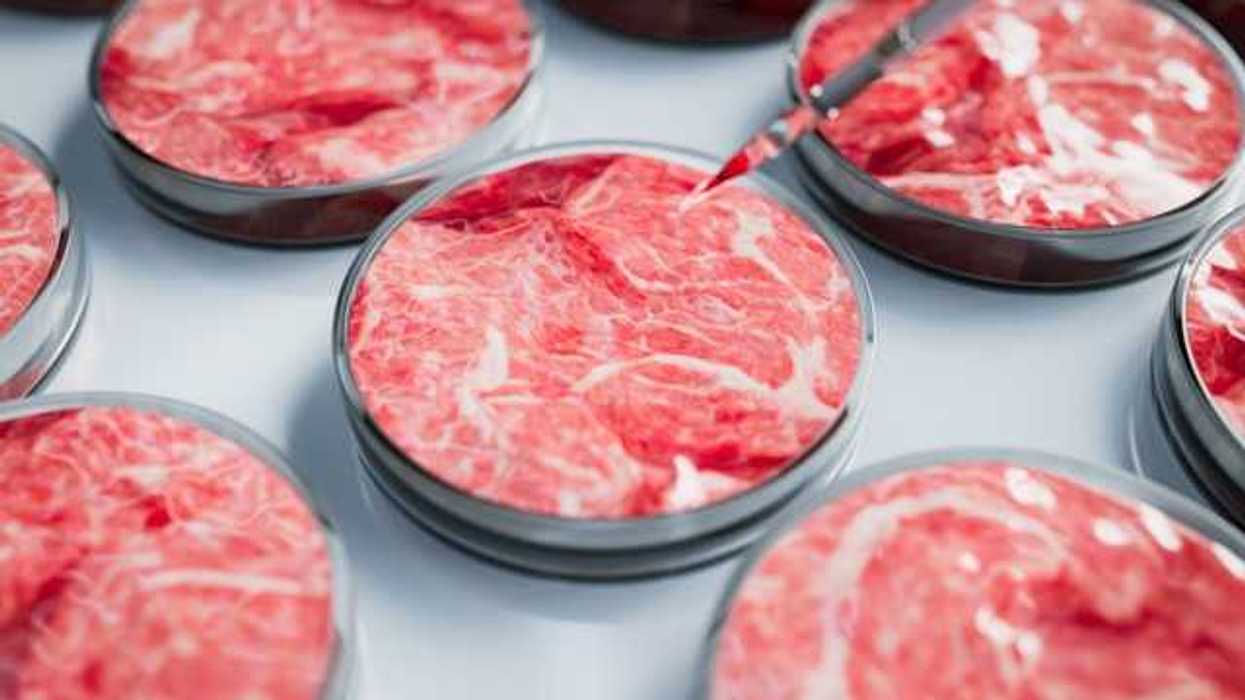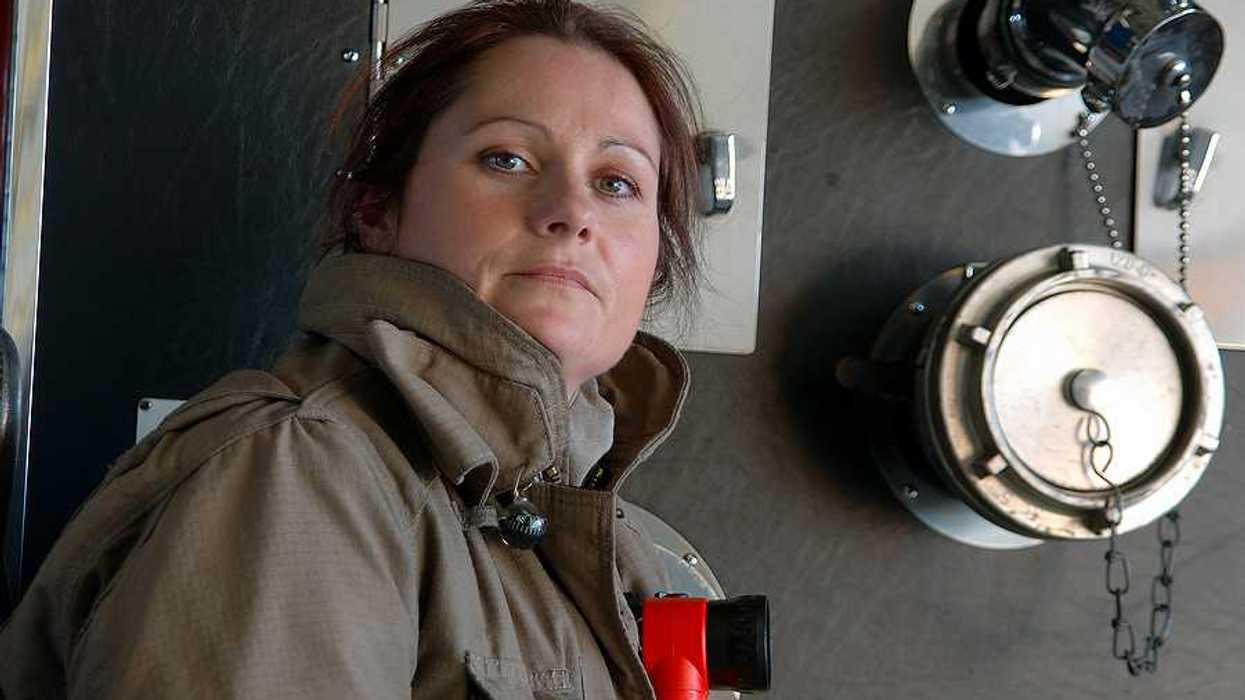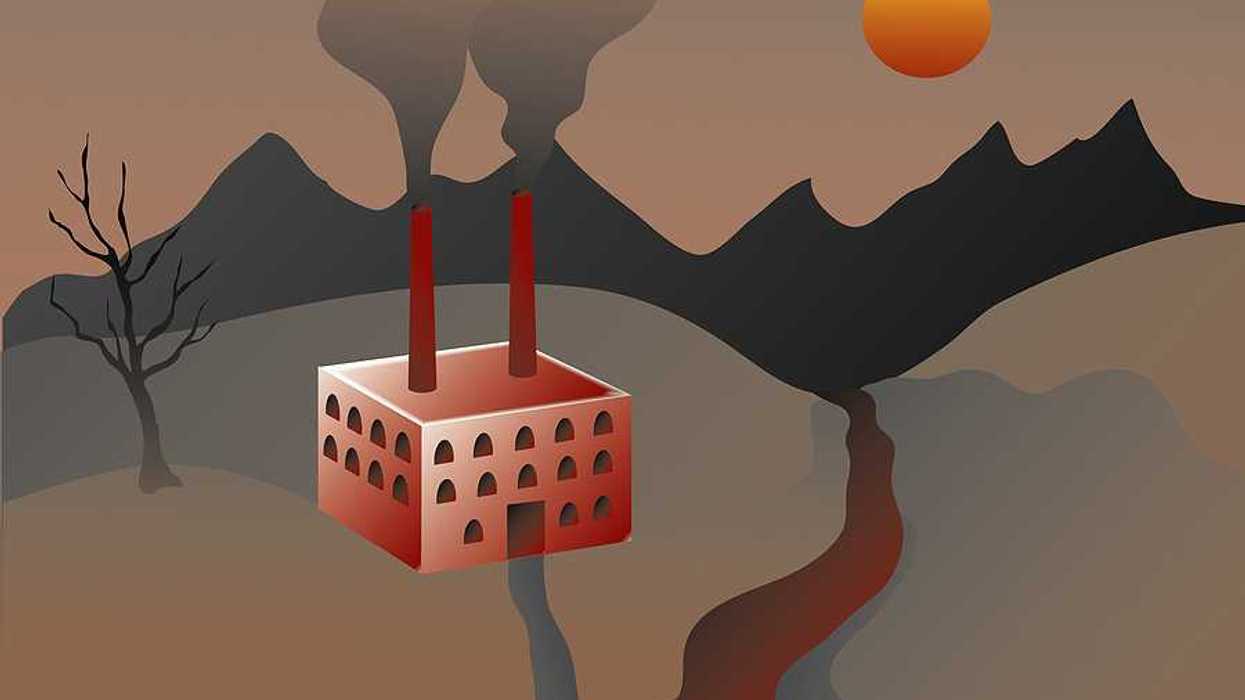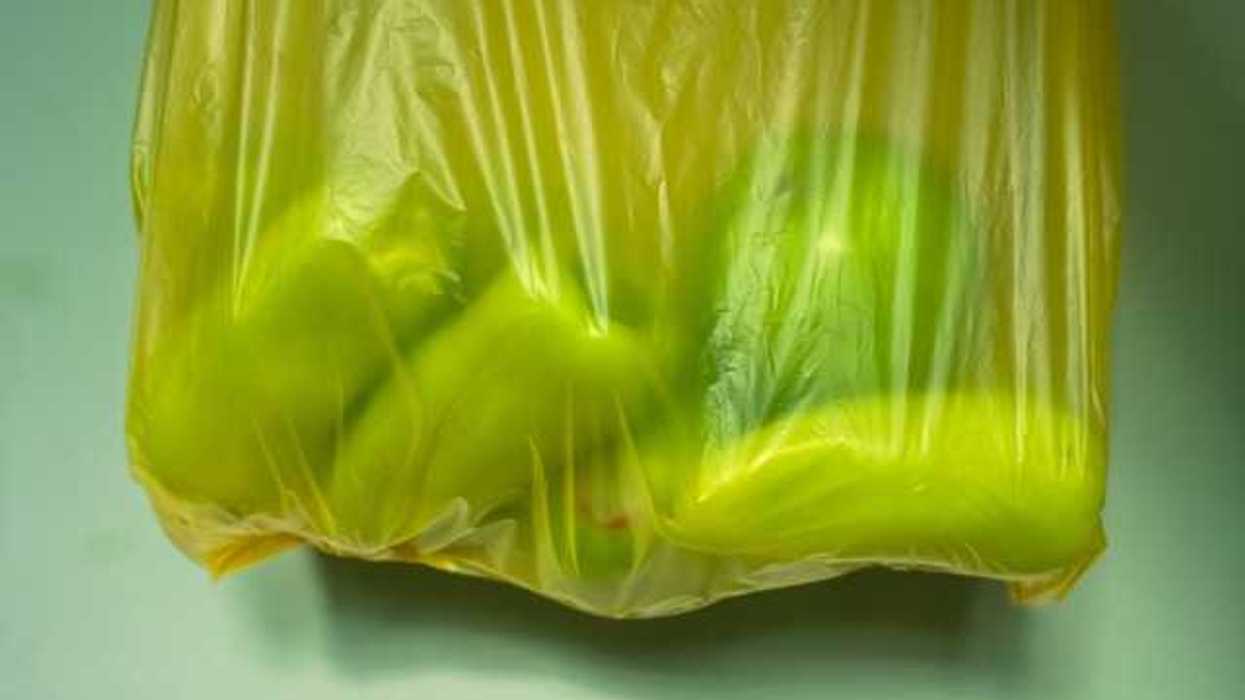We're building an enormous plastics problem.
You may remember that in 2018 some prominent scientists gave us a 12 year deadline to fix climate change. I'm more certain of this bit of environmental punditry than I've been about anything in my life: In the year 2030, American policymakers will have finally caught up to the notion that climate change is every bit the existential crisis that many of us already know it to be.
But I fear a decade on we'll still be nowhere close to caught up to the notion that we're building an enormous plastics crisis.
Sharp reporters, including our own Kristina Marusic, are on to the oil and gas industry's efforts to prolong its own life. Massive projects aiming to turn fracked gas into plastics are on the books for Western Pennsylvania and Louisiana's "Cancer Alley" Chemical Corridor.
Shell Chemical's $6 billion plastic pellets plant in Beaver County, Pennsylvania, will guarantee jobs for decades in the hard-hit region. It will also guarantee a whopping increase in carbon emissions and a lifeline for the oil and gas industry, while providing a primary source of plastic.
In St. James Parish, Louisiana, local activists continue a pitched battle against a $9.4 billion Formosa Plastics plant along the Mississippi. Both promise to extend the lives of oil, gas, and plastic, despite compelling environmental arguments that all three should be fading out.
What else will we still be exhuming ourselves from in 10 years?- The failure of recycling: One of the biggest end-markets for recycled paper has been newsprint. The Pew Research Center estimates that daily newspaper circulation has halved since the 1980's, and if, unlike me, you still pick one up every day, you know the paper is less than half its former size. For years, plastics recyclers have relied on shipping plastic waste to operations in Africa and Asia (particularly China). Now, plastics designated for recycling bins often ends up in the landfill or municipal incinerator. Recycling has long served to assuage many Americans' guilt that driving an SUV six miles one-way to the recycling center will guarantee them a seat in eco-heaven at the feet of St. Francis of Assissi and Rachel Carson.
- The durability of denial: Facts and logic are often poor weapons against denial. Don't expect climate deniers, COVID-19 deniers, or anti-vaxxers, to ever completely go away. Just look at how heavily the Republicans leaned on Socialist "Red Scare" ad themes from 60 years ago, or racist ads that smacked of the 1988 Willie Horton ads that helped sink Michael Dukakis.
- Mitigating circumstance: The fever has finally broken on Donald Trump. I'm predicting that his 2024 comeback attempt draws less support than his losing 2020 run, for which he still has not conceded. His choice of the ever-popular and effervescent then-103 year-old Betty White as his 2024 running mate won't likely help. Just kidding, of course she would help.
Peter Dykstra is our weekend editor and columnist and can be reached at pdykstra@ehn.org or @pdykstra.
His views do not necessarily represent those of EHN, The Daily Climate or publisher, Environmental Health Sciences.
Banner photo credit: Sabrina Raaf/flickr

